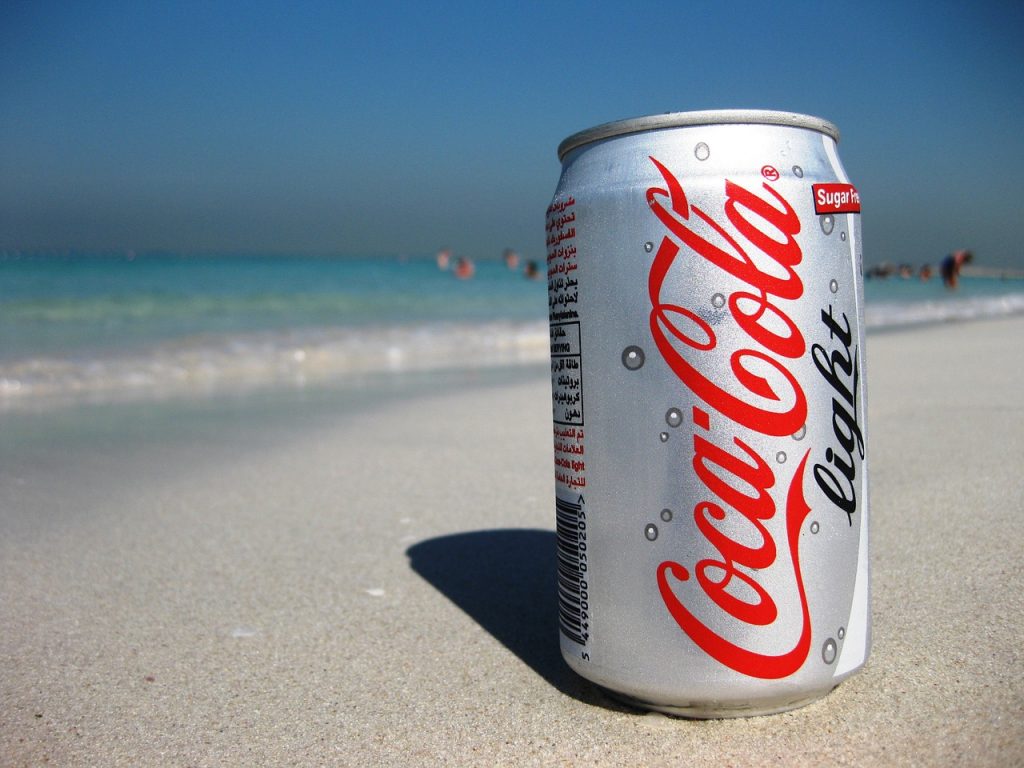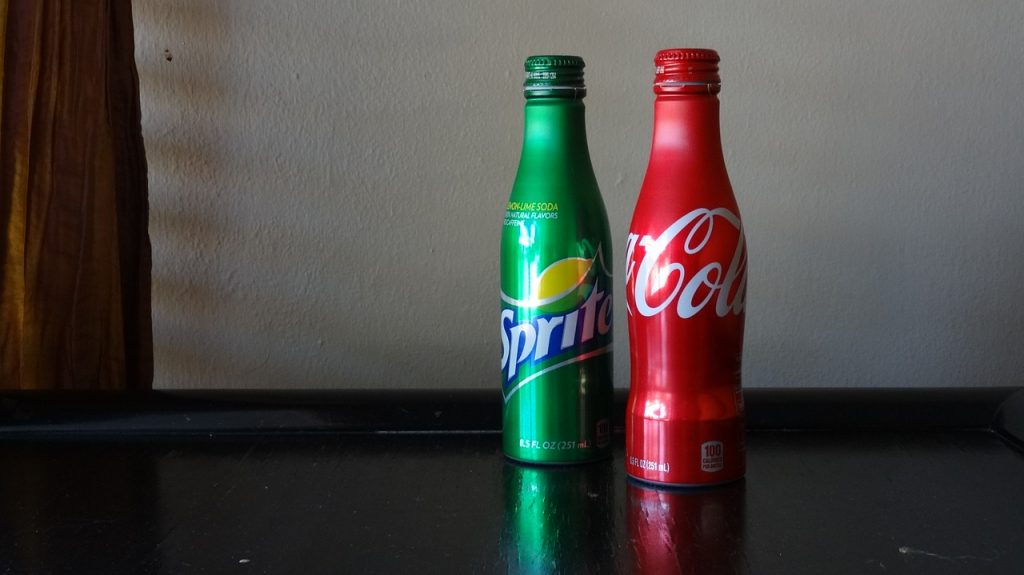Which Is Worse For You: Diet Soda Or Regular Soda?
When comparing diet and regular soda, findings show that avoiding both in your diet is the optimal play.
This article is more than 2 years old

Soda is one of the most popular beverages in the world. It’s everywhere. In fact, Coca-Cola is globally one of the most well-recognized brands. Here in the United States, we are among the biggest consumers of carbonated beverages. From colas to root beers, ginger ales to fruit-based sodas, diet soda to regular, the choices are endless.
Despite its popularity, it is widely known that frequently consuming soda is not the ideal choice for maintaining optimal health. Yet, according to the CDC, knowing that still does not keep 49% of American adults from knocking back at least one soda beverage per day.
Of those avid soda drinkers, some fall into the diet/zero-calorie camp claiming that it is the “healthier” alternative and others maintain that the regular stuff is actually the better choice because it contains fewer artificial ingredients.
Whatever soda side you might fall into, it’s clear that regardless of soda’s less-than-stellar nutritional benefits, the beverage is here to say. So, if you’re going to down a can or two, which one really is the lesser of the two evils? Is diet soda really the better choice as some firmly believe? Or is an ice-cold glass of the regular stuff the way to go?
DIET SODA USES SYNTHETIC SWEETENERS TO REPLACE SUGAR

Diet soda’s biggest draw is that it is often touted as the beverage that is better for your overall health and waistline. The reasoning given is that it usually contains few to zero calories because the sugar found in regular soda is swapped out for a synthetic sweetener.
A study done in 2014, which was published in the medical journal Obesity, supported that ideology and found that diet soda could potentially contribute to weight loss because of its hunger-curbing properties. The participants who consumed 24 ounces of diet soda daily over the course of a three-month-long period were able to lose 12 pounds.
However, even though studies do suggest that diet soda could aid in weight loss, it still might not be the wisest choice of beverage. This is because the most common artificial sweetener used in diet sodas is aspartame and unfortunately, over the years, science has increasingly linked aspartame to causing or contributing to a variety of adverse health effects.
In 2012, the American Journal of Nutrition found a potential correlation between diet soda and hematopoietic cancers such as leukemia or lymphoma. Still, while the research does point to a possible correlation, at this point nothing conclusive has been identified.
Even though aspartame has not been definitively linked to cancer, it is clear that it is not the healthiest substance to consume. According to Adidas’ fitness and health-focused blog Runtastic, humans lack the enzyme necessary to adequately digest aspartame. Runtastic detailed that when ingested, aspartame breaks down into three compounds: phenylalanine, aspartic acid, and methanol.
Methanol is the most problematic because the human body naturally converts it to formaldehyde, which if ingested in large quantities, could harm various parts of the body including the liver, lungs, brain, and breasts. Additionally, when considering diet soda’s overall ingredient makeup, there is nothing identifiably nutritional for the body to gain by consuming it.
REGULAR SODA CONTAINS HIGH FRUCTOSE CORN SYRUP

Diet soda, while it could potentially benefit your waistline compared to regular soda, doesn’t really have much more going for it other than that. Is regular soda any different? Or is it even more nefarious than its diet counterpart?
Regular soda is primarily made up of a combination of carbonated water and high fructose corn syrup, which is essentially processed sugar. In fact, a single 12-ounce can of soda contains approximately 10 teaspoons of pure sugar. According to the American Heart Association, a person’s maximum daily intake of sugar should not exceed 6 teaspoons for women and 9 teaspoons for men.
Thus, simply drinking one can of soda automatically puts one at or over their entire recommended amount for the day. The American Heart Association went on to detail that regularly consuming more than the recommended amount of sugar per day significantly increases a person’s chance of developing a range of cardiovascular diseases and can also lead to type II diabetes.
Moreover, sugar is considered an empty calorie and consuming empty calories in excess can also lead to unwanted weight gain. Less conclusive studies have also suggested drinking sugar-loaded sodas may result in poorer memory and overall brain function.
Not to mention regular soda’s ultra-high acidity levels could be a proponent of tooth decay and cavities and result in one having to make frequent (and costly) trips to the dentist.

Any way you look at it, both diet soda and regular soda can be pretty detrimental to one’s health. Diet soda’s one weight-loss advantage is quickly negated by its potential correlation to a plethora of adverse health effects and regular soda’s immense amount of sugar doesn’t exactly favor optimal body condition.
Looking at the statistics associated with both beverages, it is likely better to forgo drinking both diet and regular soda altogether and perhaps go with an equally satisfying alternative.
Some alternative options to soda include sparkling water for those still craving the carbonation feel of soda or Kombucha for its potent taste that also comes with added health benefits. Or even matcha tea for those who gravitate to soda for its caffeine properties. Still, if at the end of the day you still don’t want to let go of your favorite fizzy beverage, then consuming it in moderation is best.





